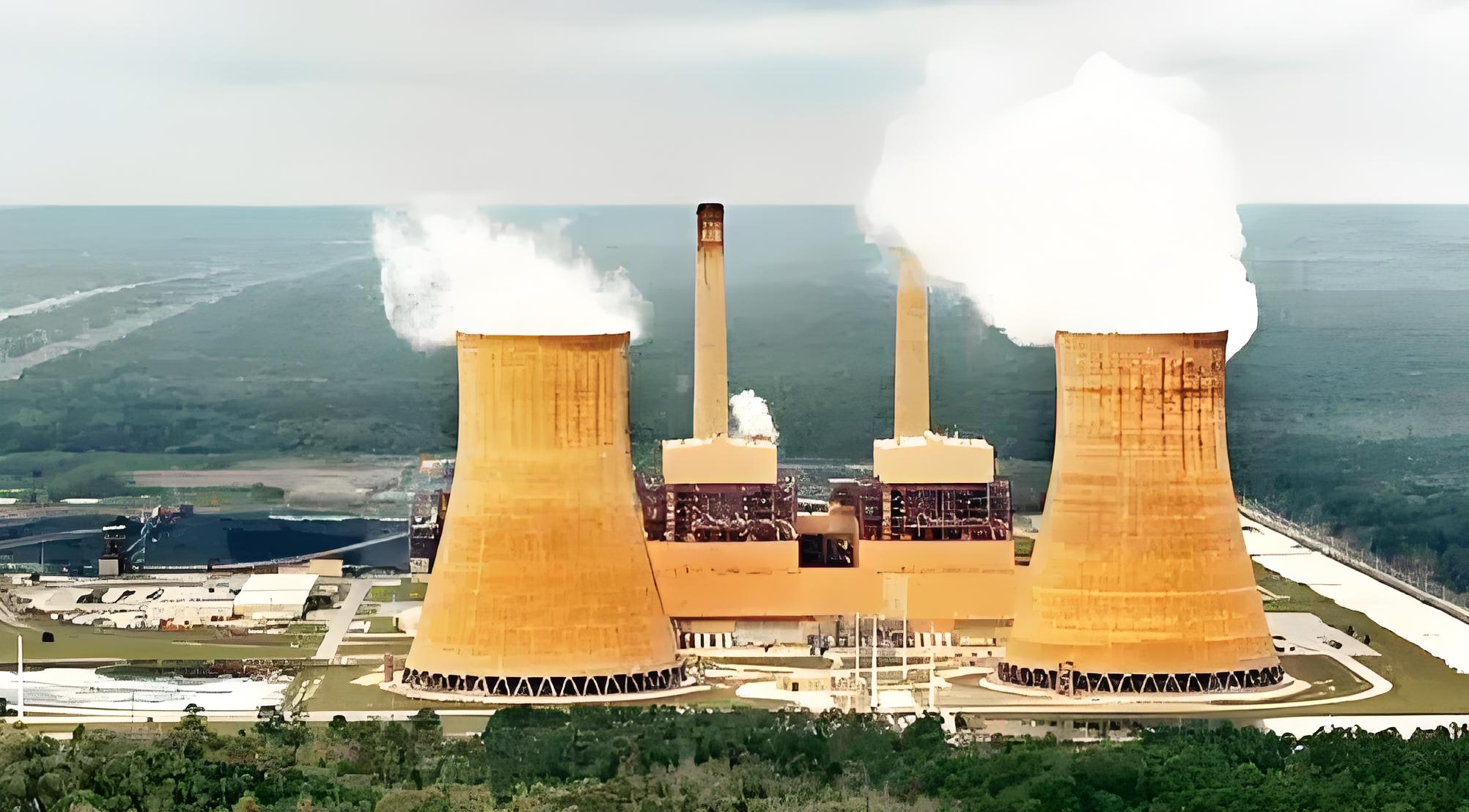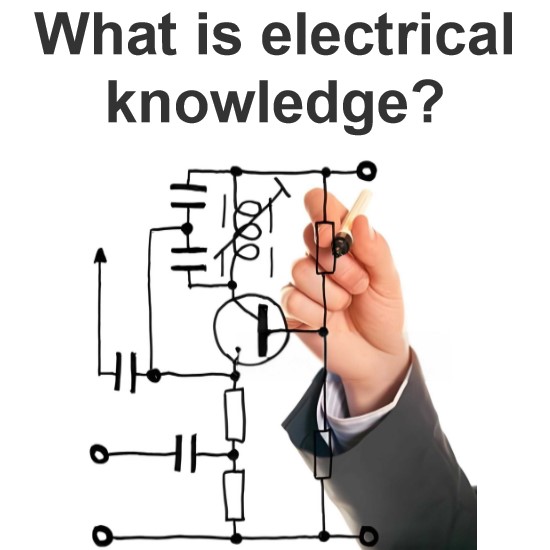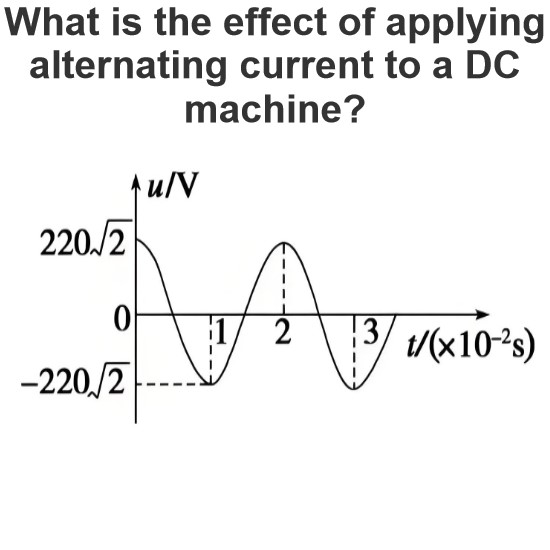What is a Power Plant?
What is a Power Plant?
Power Plant Definition
A power plant (also known as a power station or power generating station) is an industrial facility for generating and distributing electric power on a large scale.
Types of Power Plants
Thermal
Nuclear
Hydroelectric
Thermal Power Plants
Use coal to produce steam that drives turbines to generate electricity.

Advantages
Fuel used i.e coal is quite cheaper.
Initial cost is less as compared to other generating stations.
It requires less space as compared to hydro-electric power stations.
Disadvantages
It pollutes atmosphere due to production of smoke and fumes.
Running cost of the power plant is more than hydro electric plant.
Nuclear Power Plants
Use uranium or thorium as fuel, with fission reactions producing heat to generate steam and drive turbines.
Advantages
It requires no fuel, water is used for generation of electrical energy.
It is neat and clean energy generation.
Construction is simple, less maintenance is required.
It helps in irrigation and flood control also.
Disadvantages
It involves high capital cost due to dam construction.
Availability of water depends upon weather conditions.
It requires high transmission cost as the plant is located in hilly areas.
Hydroelectric Power Plants
Utilize falling water to drive turbines and generate electricity, providing clean energy but requiring high initial costs and dependent on water availability.
The Electricity Encyclopedia is dedicated to accelerating the dissemination and application of electricity knowledge and adding impetus to the development and innovation of the electricity industry.













